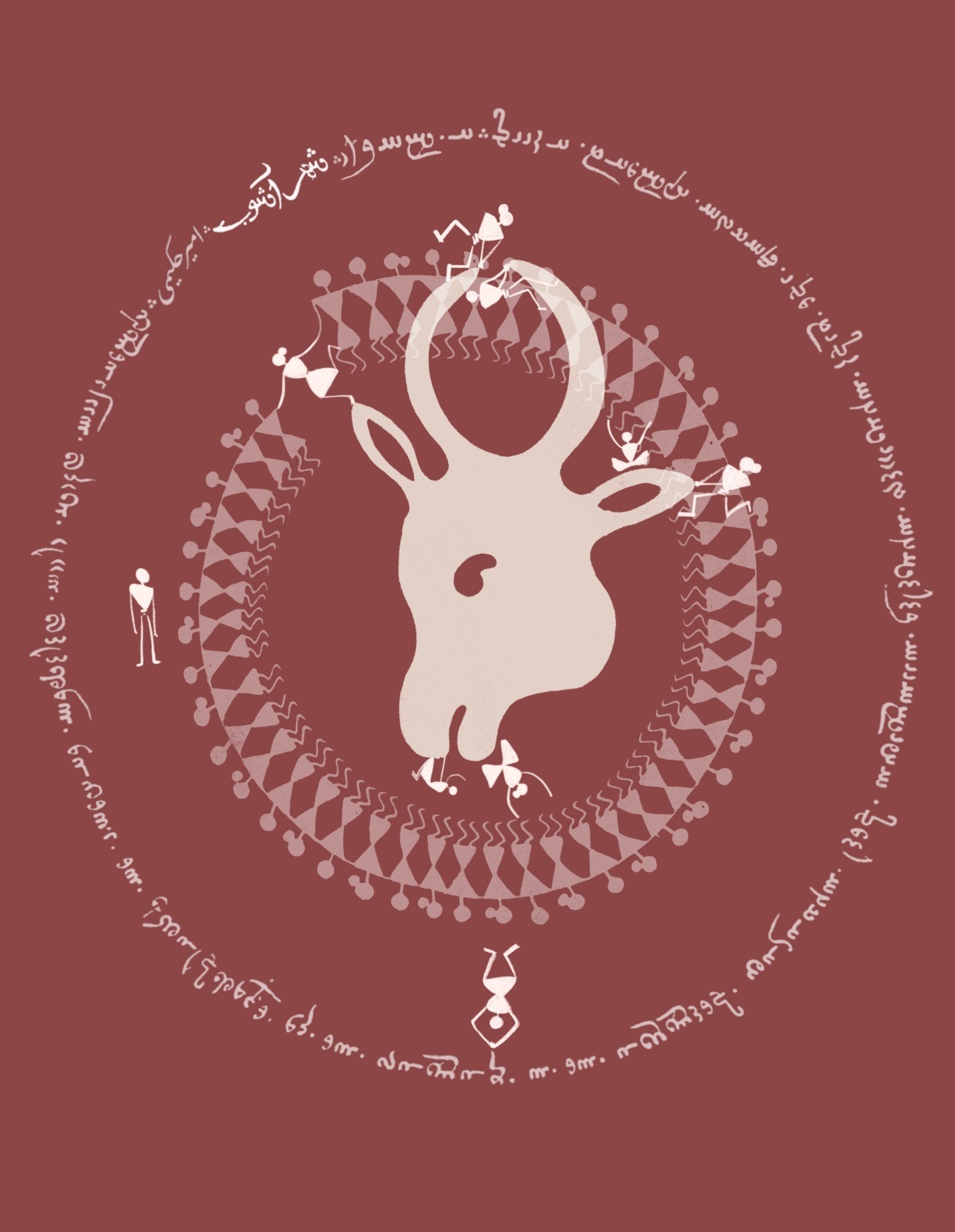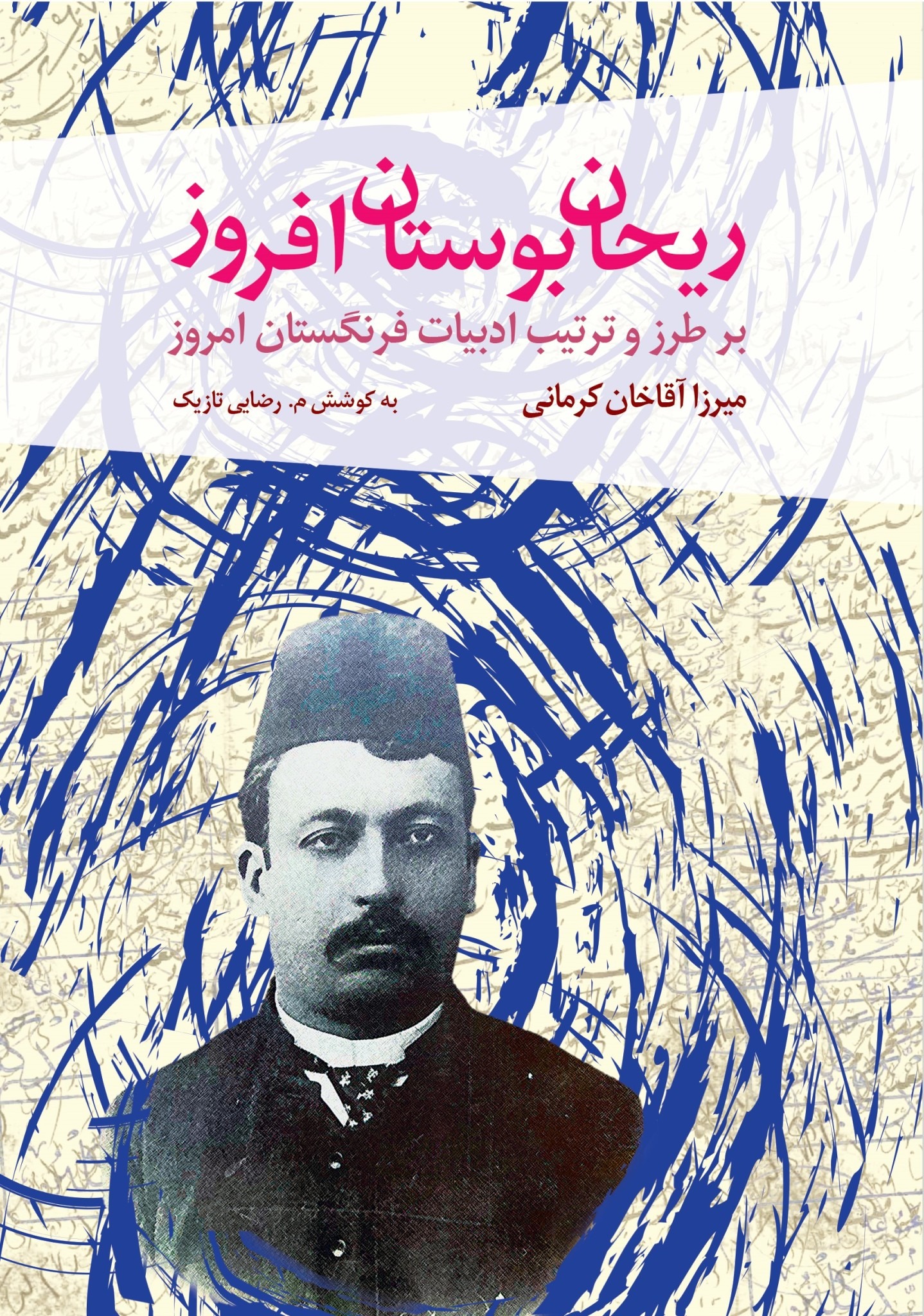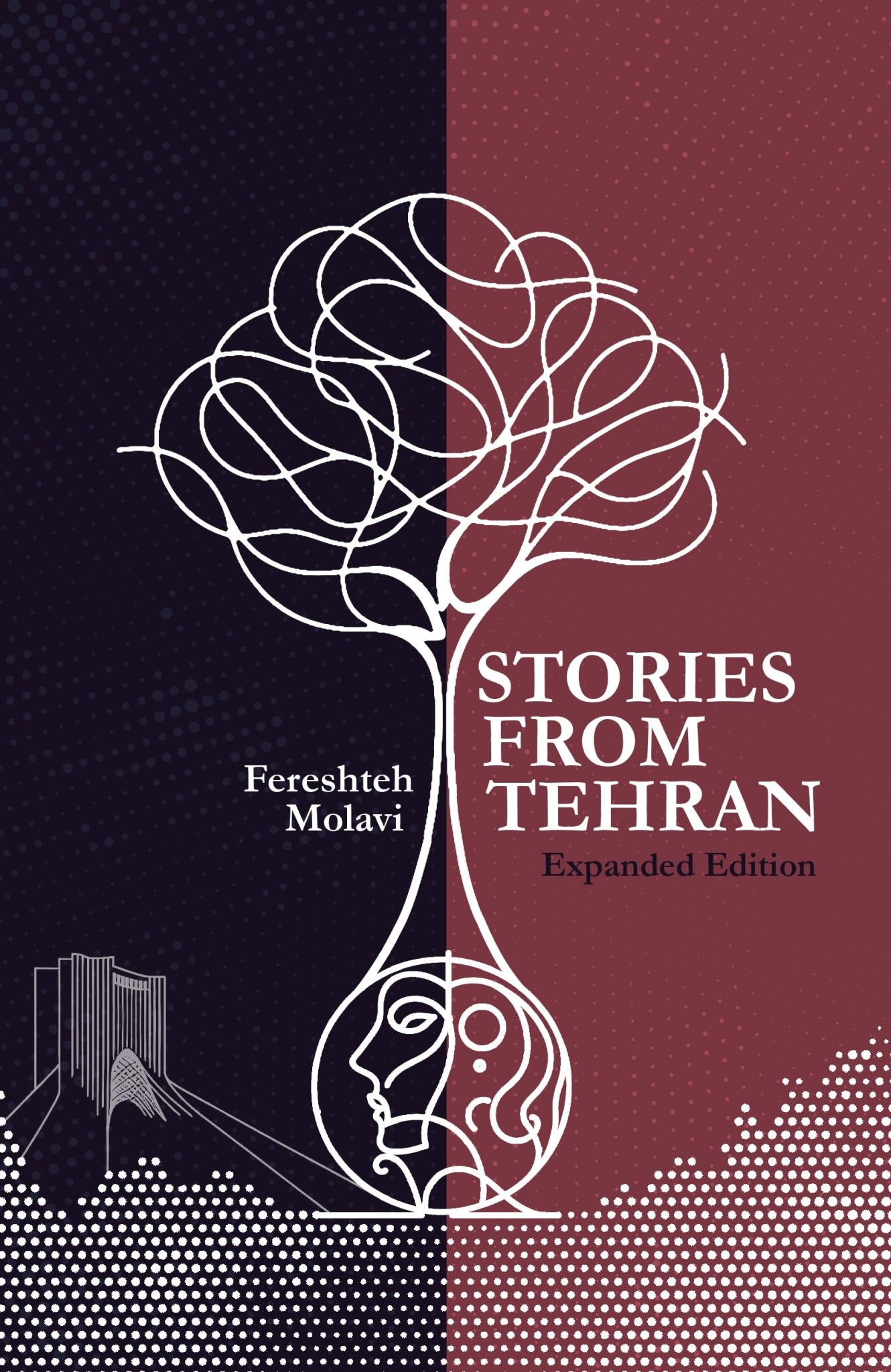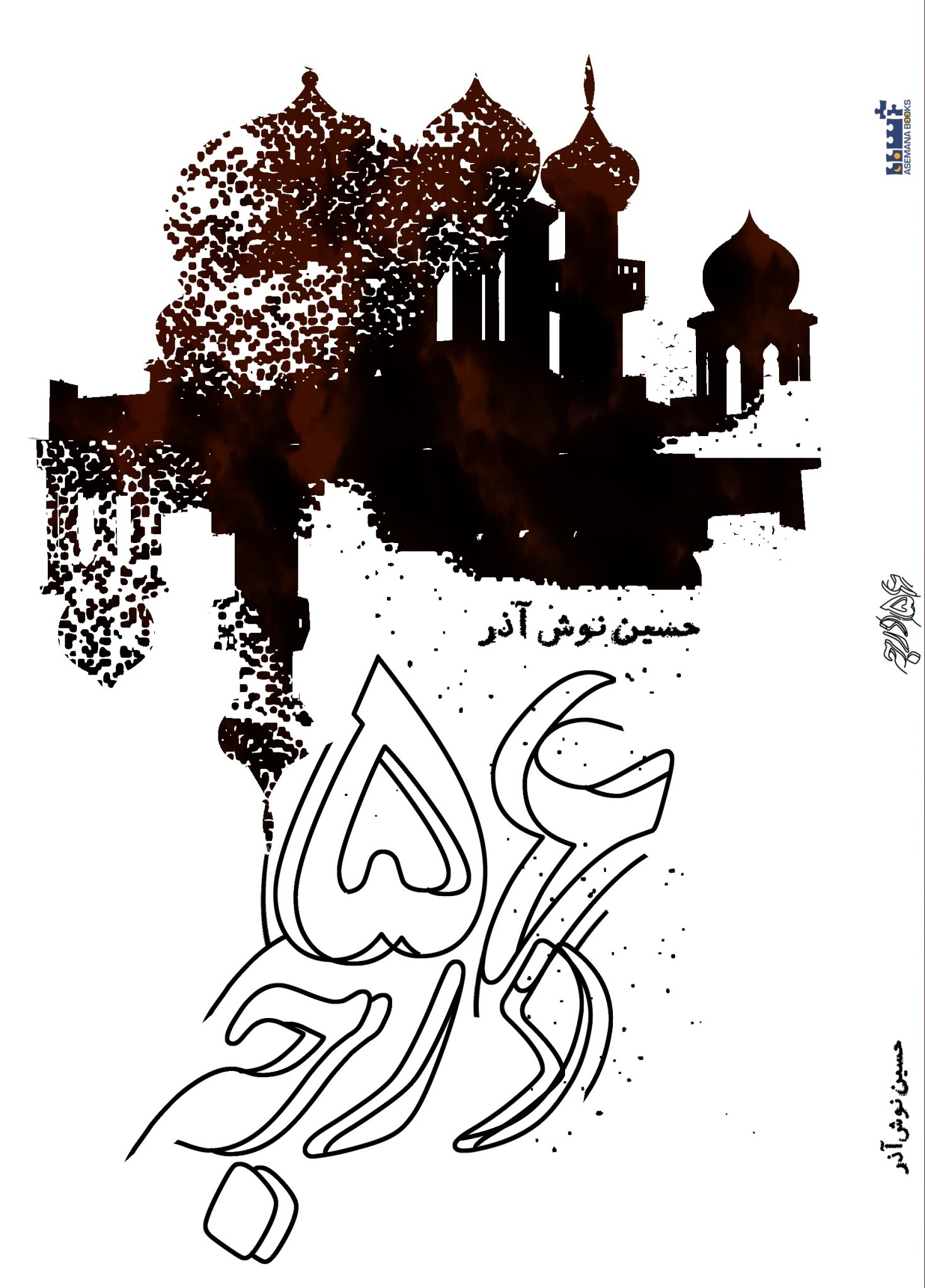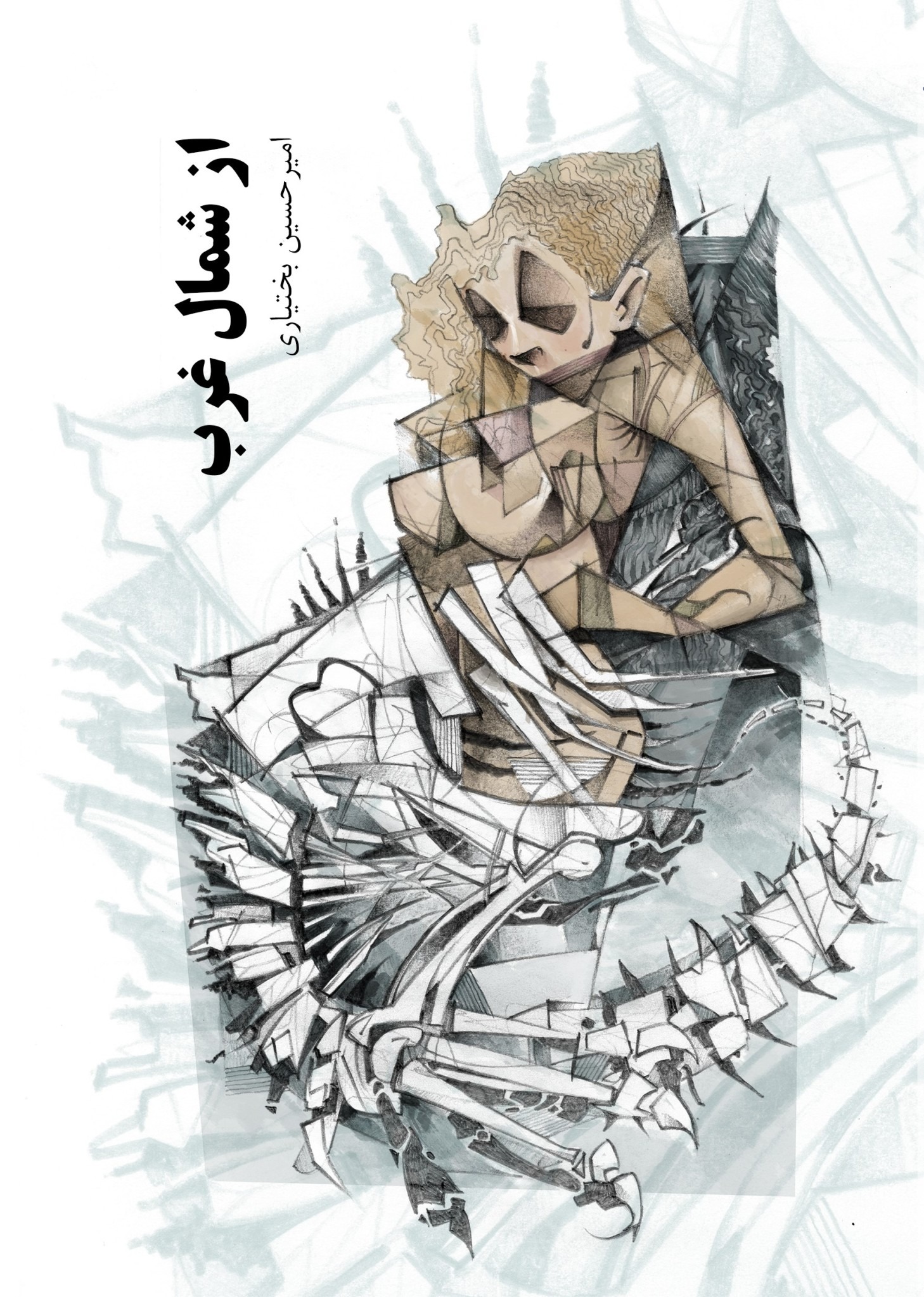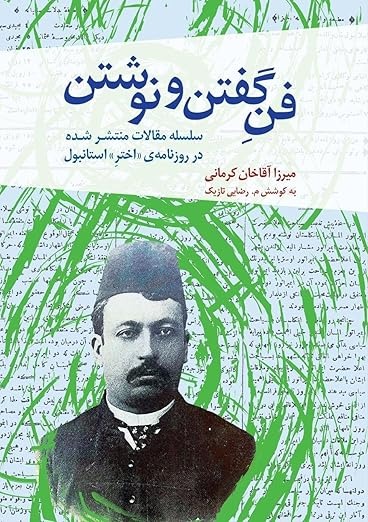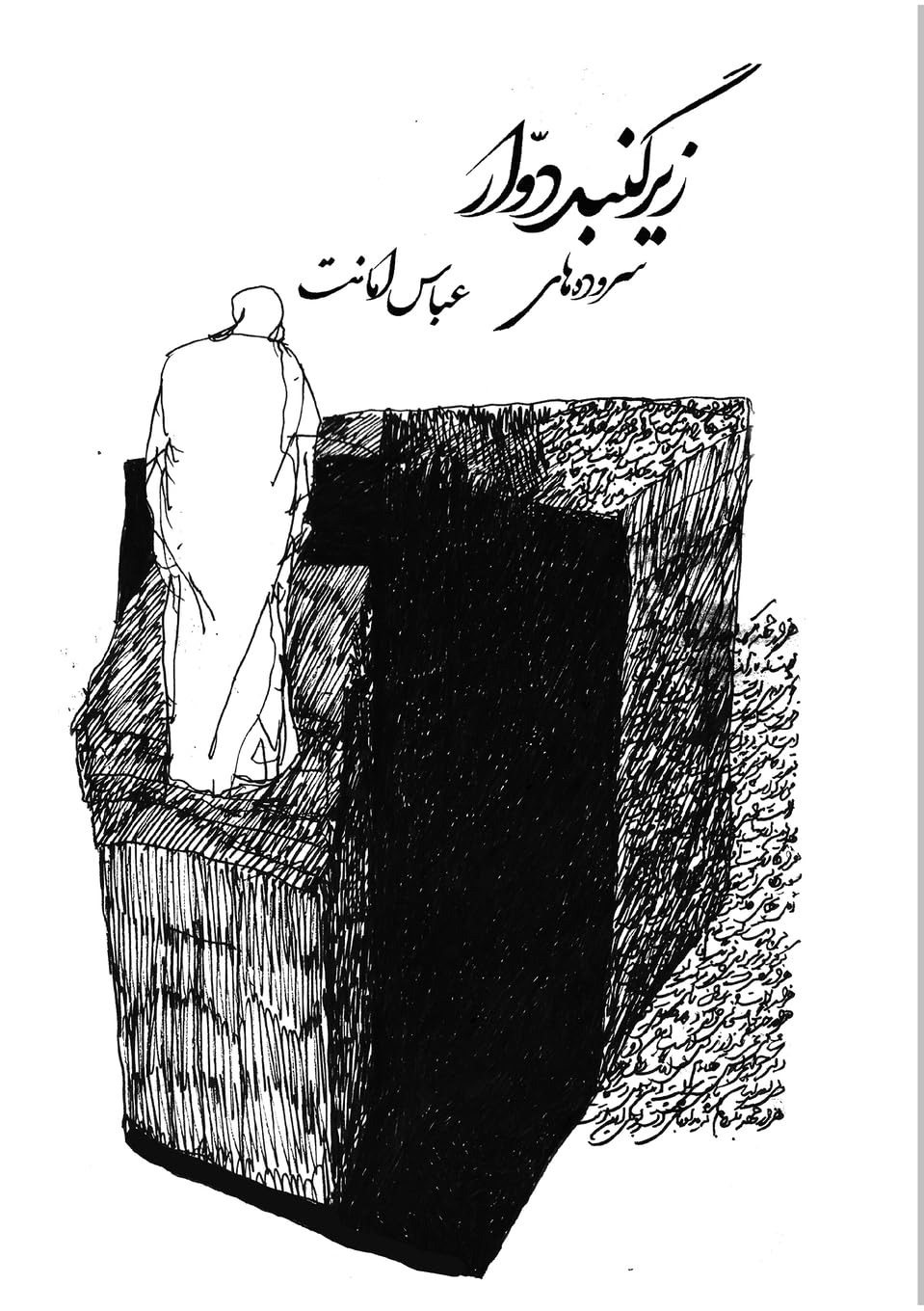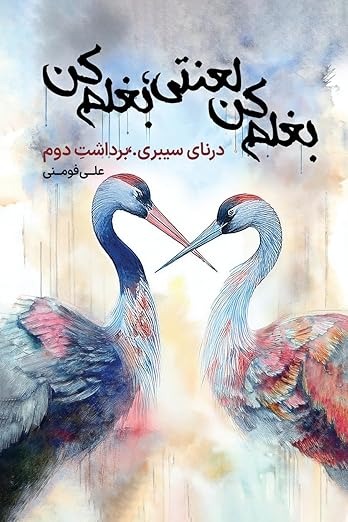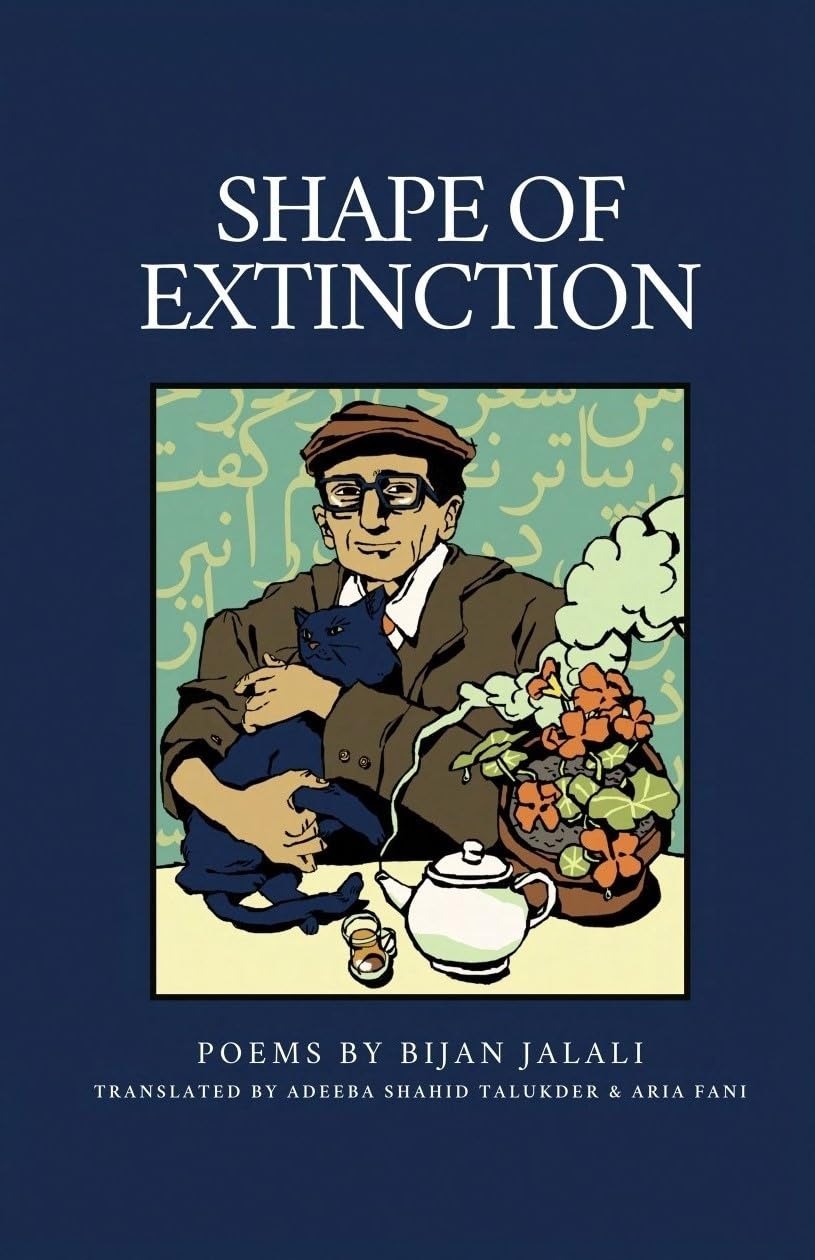شهرآشوب الفارسية 2025
Shahrʾāshūb
17٫42 $
مشاركة
Wishlist
العنوان الأصلي:
شهرآشوب
ISBN رقم:
9781997503026
الناشر:
Asemana Books
الفئة العمرية:
البالغون
الصفحات:
118
الوزن:
311 g
أبعاد المنتج:
22 x 26 x 1٫1 cm
غلاف الكتاب:
غلاف ورقی
“Sahrasub,” the third volume in the trilogy Wonders of Memory, consists of one hundred pieces composed from Azar 1400 to Dey 1401 in the Iranian calendar (December 2021 to January 2023).
We know that Sahrasub is a form of Persian poetry. As defined by lexicographers, it refers to praise and satire composed by poets about the people of a city. The term shahr-angīz, also meaning sahrasub, denotes a type of poem that includes praise or satire of the majority of a city’s people. However, sahrasub or shahr-angīz is also used to describe poetry that details the craftspeople of a city and praises their professions and trades.
(Dehkhoda Dictionary)
Moreover, Sahrasub is described as a poetic form that addresses transformations, disorder, or the state of order/disorder in a city or country and its people. It is a type of verse that narrates political or economic turmoil or the conditions of different social classes in a satirical or humorous tone.
(Mahjoub, Iranian Folk Literature, 1163)
The most well-known example of sahrasub poetry is a 92-piece collection by Mas‘ūd Sa‘d Salmān, who died in 515 AH (1121 CE), with the shortest piece being two lines and the longest nine.
“The Praise of a Sweet-Voiced Beloved”
To the sweet melody of David’s voice
My heart, like a bird, turned toward you in song
You should soften your iron-hearted soul toward me
Just as David softened iron and steel.
(Mas‘ūd Sa‘d)
On the other hand, we also know that a sahrasub is a seductive beauty who, upon stepping into the alleyways and markets, causes a stir among the people and steals everyone’s heart. The narrator of Mas‘ūd Sa‘d’s Sahrasub is this very figure—a radiant, seductive figure passing through the marketplace, stopping at every shop, reciting verses that describe the shopkeeper, the artisan, and their trades. She enchants craftsmen, employers, and workers alike as she advances through the market to the alleyways, perhaps accompanied by music and loud, beautiful song—eventually reaching the “House of Justice” and the royal quarters.
Perhaps there were traveling performers who made a living this way—singing and playing instruments in the market, praising merchants and artisans. The poets of sahrasub crafted such dialogues—romantic, satirical, and biting—with the city and its residents, artisans, leaders, and pioneers, holding up a mirror to the culture, customs, and economy of their time. These verses, placed in the mouths of such performers, portray a vivid image of that society/world/era—an image that has remained for the future.
The inspiration for the volume Sahrasub is drawn from this tradition of sahrasub-poetry in Persian literary history, composed at the station of today’s turbulent times and contemporary language.
more
شهرآشوب، سومین دفتر از سهگانۀ «عجایب یاد» است، پرداخته از یک صد قطعه، ساخته شده از آذر ماه 1400 تا دی ماه 1401 خورشیدی
میدانیم که شهرآشوب، «یکی از انواع شعر فارسی است و تعریفی که فرهنگنویسان از آن کردهاند چنین است: مدح و ذمی که شعرا اهل شهر را کنند. شهرانگیز نیز به معنی شهرآشوب، نظمی است که تعریف یا ذم اکثر مردم شهر در آن باشد. اما شهرآشوب یا شهرانگیز به هر نوع شعری که در توصیف پیشهوران یک شهر و تعریف حرفه و صنعت ایشان سروده باشد، نیز اطلاق میشود[..]» (لغتنامه دهخدا) همچنین «شهرآشوب نظمی است که در آن تغییر اوضاع، بیسامانی یا سروسامان داشتن حالات یک شهر یا مملکت و مردم آن، یاد میشود[…] نظمی است که اغتشاشها و بیسامانیهای اقتصادی یا سیاسی کشور، یا کیفیت طبقات مختلف یک شهر را به زبان هزل یا هجو یا طنز در آن بیان کنند.» (محجوب، ادبیات عامیانه ایران، 1163)
شناختهشدهترین شهرآشوبها، 92 قطعهای است که از مسعود سعد سلمان، درگذشته در 515 ق، به یادگار مانده است (کوچکترین قطعه در 2بیت و بزرگترین در 9بیت)
«صفت یار خوشآواز کند»
به نغمۀ خوش داودی و از آن آوا
دلم چو مرغ به نغمت سوی تو روی نهاد
سزد که نرم کنی بر من آهنیندل خود
که نرم کردی داود، آهــن و پولاد.
(مسعود سعد)
از سوی دیگر میدانیم شهرآشوب، دلبری فتنهانگیز است که چون پای در کوی و برزن نهاد، در میان مردم شهر، آشوب افکنده دل از همگان ربود. راوی «شهرآشوب» مسعود سعد، هم اوست. مهرویی فتنهانگیز در گذر بازار، بر در هر دکان، در وصف پیشهور و دکاندار، کار و پیشۀ او، سرود و سرودهای میخواند؛ هوش از صاحبکار و کارگزار و کارگر میرباید و پیش میرود، از بازار در کوی و برزن، شاید با همراهی ساز، به آواز بلند، خوش؛ تا «دارالعدل» و کوی سلطانی. شاید هم بودهاند دورهگردانی که از این راه، ساز و آواز در بازار، در وصف بازاریان و پیشهوران، روزگار میگذراندند و شاعران شهرآشوب در برساختن چنین گفتوگوهایی ـ تغزلی یا هجوآلود و طعنآمیز ـ با شهر و باشندگان آن، پیشهوران، پیشوایان، پیشقراولان و… آینهای برابر فرهنگ، شیوههای بود و داد و دهش روزگار خود نهادهاند، در دهان دورهگردان، نمایشگر تصویری از آن جامعه/جهان/روزگار، که تا با آینده همواره مانده است
سرمشق دفتر «شهرآشوب» برگرفت از آیین شهرآشوبسرایی در تاریخ شعر فارسی است از ایستگاه روزگار برآشفتۀ امروز و زبان آن
more

